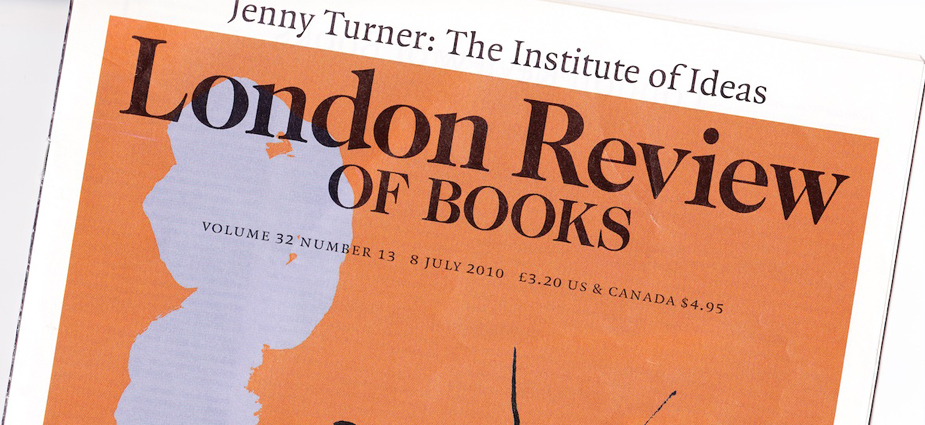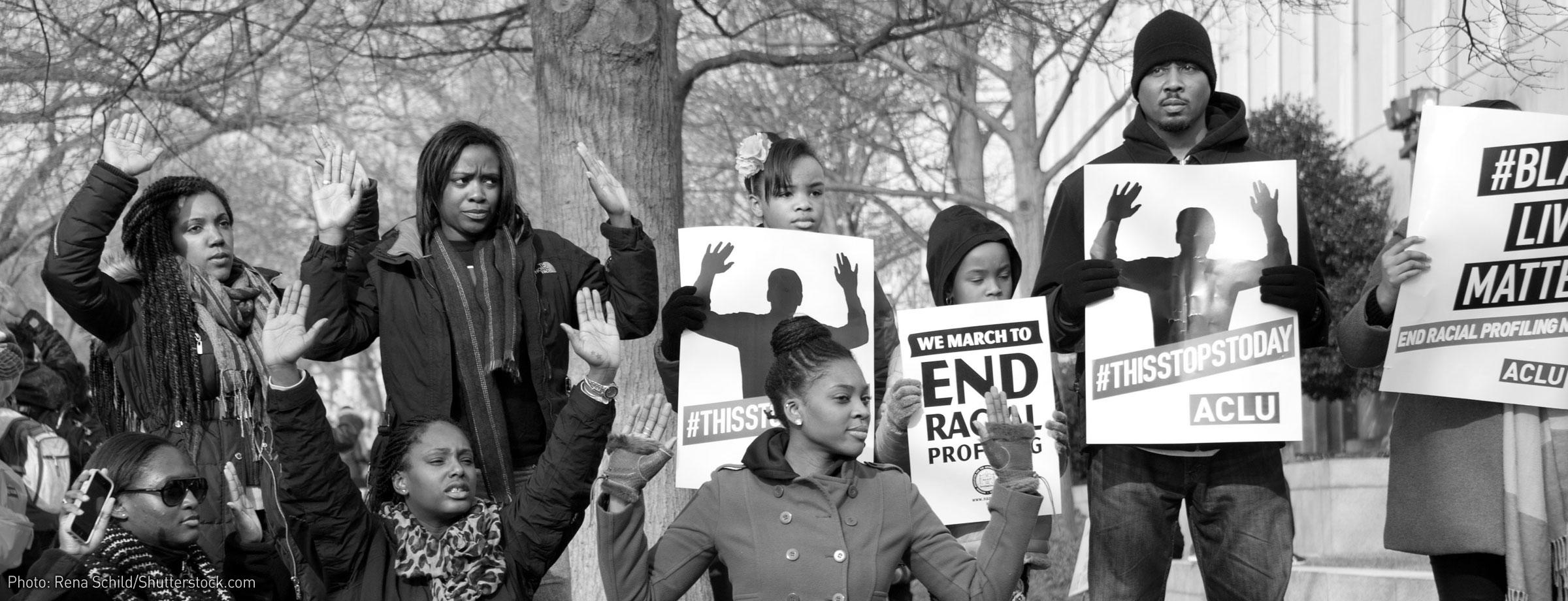Fredrick Harris Essay on the History of the Black Panther Party

Review of Black against Empire: The History and Politics of the Black Panther Party by Joshua Bloom and Waldo Martin in London Review of Books. Weblink: https://www.lrb.co.uk/v35/n12/fredrick-harris/policing-the-police
Black Power at 50: The Scholarly Legacy of Charles V. Hamilton

The Center on African American Politics and Society is hosting a conference celebrating the scholarly legacy of Charles V. Hamilton, the W.S. Sayre Professor Emeritus of Government and Political Science at Columbia University. Professor Hamilton served on the faculty at Columbia from 1969 to 1998. The conference is on the occasion of the fiftieth anniversary of the book Black Power: The Politics of Liberation, which was co-written with the late Kwame Toure (Stokely Carmichael).
Go here for conference information and registration:
Fred Harris Essay on Racial Inequality after Racism in Foreign Affairs

An essay by CAAPS Director Fredrick Harris and Robert Lieberman, Professor of Political Science and Provost of Johns Hopkins University, is featured as part of a special issue on the global dimensions of race in the March/April issue of Foreign Affairs. Their essay "Racial Inequality After Racism: How Institutions Hold Back African-Americans" calls for a re-focus on institutional racism and for stress tests--modeled after stress tests for financial institutions--to evauate the propensity of institutions to perpetuate racial inequality.
Claudine Gay Gives CAAPS/American Politics Workshop Talk

Claudine Gay, Professor of Government and African and African-American Studies at Harvard University will give a talk on Monday, December 8, from 4:10 to 5:30pm in the Lindsay Rogers Room, 707 International Affairs Building. Gay's research has considered the effects of descriptive representation on orientations toward government, the role of neighborhoods in shaping the racial and political attitudes of Black Americans, the roots of competition and cooperation between minority groups, and the effects of concentrated poverty on political engagement.
